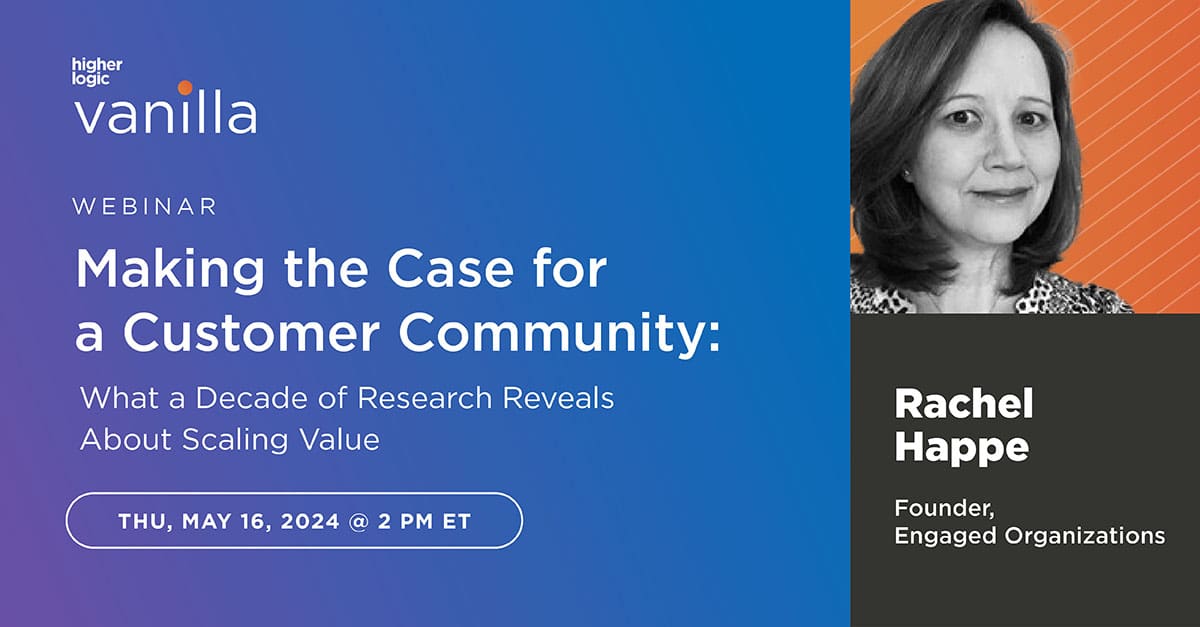
5 Tips To Help Your New Community Succeed
A branded community can be a powerful tool to connect with customers or provide better support. At the same time a community is not something you can just “build” and hope people will come. It takes work and planning.
That being said, here are five key tips to help your new community succeed.
1. Create a proper plan and get ready to promote
All great things start with planning. Make sure you are choosing the right solution by planning out exactly what you need, for example, the topic or niche you wish to serve.
Choose something people will be able to connect with or engage with. Some things to keep in mind when you’re in your planning stage include:
- How and who will promote your community?
- Who will staff the community as admin and moderators?
- What are your goals for success or what does success look like?
You cannot create a successful community without spending some time thinking about these things. Just setting up a community and hoping people show up is a recipe for failure.
2. Before you launch, recruit enthusiasts to test
Every company has fans or people who appreciate their products. You should identify these customers and invite them to help you before you launch. Use the incentives of gamification, such as giving them a beta tester badge, but more importantly listen to their feedback. It will help solidify ideas or provide suggestions on how you move forward.
Involving strong advocates early will also make them feel part of the process and when the community goes live, these individuals will have a stake in it.
3. Define who owns success for the community
Identify who the person on your team (or company) “owns” the success for your community and will lead your community. They should take the lead role on promoting or planning, recruiting new users and assuring you have the proper resources to manage the community.
To help you with this step, I’d recommend taking a look at the C.A.R.G.O framework. It’s a simple 5 word acronym with lots of power. If you need to summarize it quickly, here is your C.A.R.G.O plan for success:
- Find a solid Concept that ensures what you’re creating matters
- Consider how you will Acquire the people who will come to your community
- How you will Retain their interest, so they keep coming back
- What will be your measurable Goals, and tie one to each important department you deal with
- Envision an Outcome of what your long-term success will look like
This framework will not only help you to determine who the best people are to own the success of the community (this goes hand-in-hand with the concept aspect), but it will also help you determine how the “success” itself is determined and measured.
Identify what community KPIs you want to use to measure success.
Regardless of who ultimately owns the success of your community, they’ll need to be equipped with the right tools to measure and report on community progress. Having the right tools in place to do this is something that you’ll want to look into, as it’ll help you determine whether your community is meeting its KPIs.
4. Listen to your community for ideas
As time goes on you will get lots of feedback from the community. It’s important to listen. Sometimes the feedback might be just a post in the forum and not an email to you. Sometimes feedback is not helpful and you cannot necessarily act on their recommendations. Nevertheless you should always try to acknowledge the feedback and try to take care of annoyances or things that become irritating to your community. For example, maybe some users complain about the colour of links in your forum. In this case you can make a CSS tweak to make them more visible.
5. A community should evolve and iterate
A community is not “set and forget.” Sometimes you need to add new categories or maybe a new feature to your software. To keep things lively and fun for your community, it’s important to evolve with them. Maybe you add new levels or badges, or specific categories for more senior members. Maybe you promote trusted users to a role of authority.
Using the above recipe should put you and your company on the path for success.



